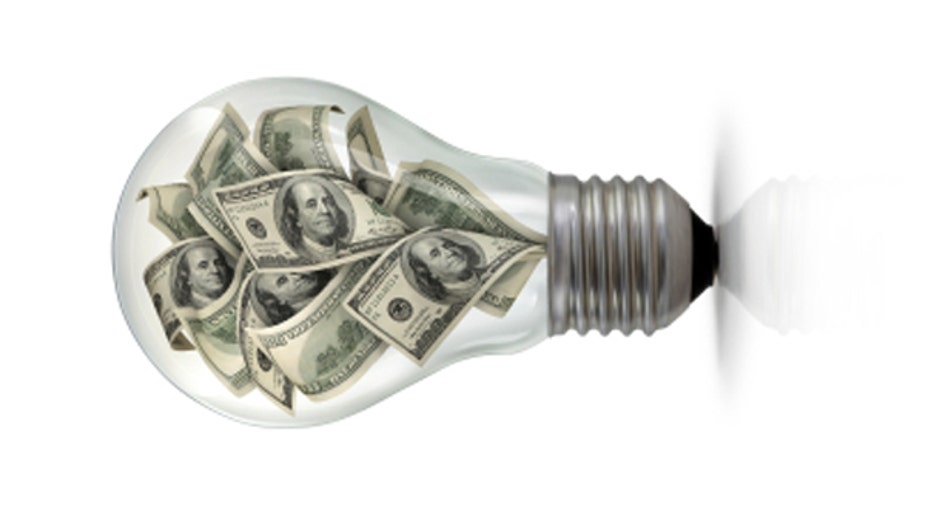What Entrepreneurs Need to Know About the America Invents Act and Patent Protection

Attention all inventors and entrepreneurs—have an idea for the ‘next big thing?’ You better file a patent, and fast.
Sunday marked the one- year anniversary of the Obama Administration’s America Invents Act, and the first wave of rules under the law went into effect. Charley Moore, founder and executive chairman at Rocket Lawyer, said the AIA is the “most important change to patent laws since Thomas Jefferson wrote patent laws into the Constitution.”
When the act was signed into law last year, the American patent system changed from a “first to invent” system to a “first to file system,” meaning that filing as soon as you have an invention or idea is all the more important, Moore said.
“This is a part of Washington’s hope that innovation will create more jobs,” he said.
According to Moore, the process of granting patents has also been expedited, and “Post Grant Review” (PGR) has gone into effect, meaning a person who is not the patent owner may petition the U.S. Patent and Trademark Office to review the validity of an issued patent.
This comes at a cost, however. Those petitioning for PGR can challenge the patentability of up to 20 claims for $35,800.
Here are the three key things Moore recommends entrepreneurs and inventors focus on under the AIA:
No. 1: Know your rights. “A good idea doesn’t matter without control over the invention,” Moore said.
There are four types of intellectual property: trademarks, patents, trade secrets and copyrights. Figure out which is best for your idea before you file. Strategize about what will best protect you and your business.
“If you patent something, you have to make it public,” he said. “If you protect it as a trade secret that means you don’t have to make your idea public. One example of that would be the formula for Coca-Cola.”
No. 2: Know the implications of the new law. The patent game has now become a race, Moore said. Those who want to patent have to do it quickly. Entrepreneurs can opt for a provisional patent, which is an expedited process, which protects the patent for up to one year and costs a few hundred dollars. This can be done in one day, he said. Or, a non-provisional patent, which can take months and costs more to complete.
No. 3: File ASAP. “Getting a patent issued is now the difference between life and death for entrepreneurs,” Moore said. “For some, it will be the key asset the business ever has.”
Under the AIA, those filing can expedite the process for a fee. Also, micro entities and independent inventors can receive up to a 50% discount on the $4,800 fee. This process enables growing companies the ability to have their patents reviewed within 12 months, Moore said.



















